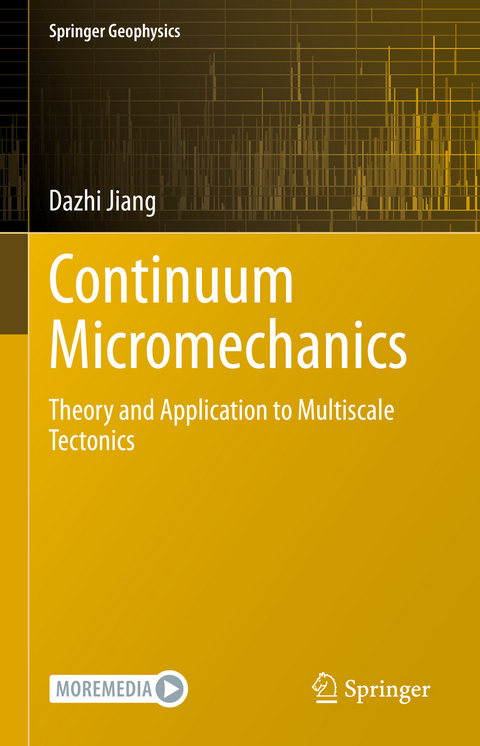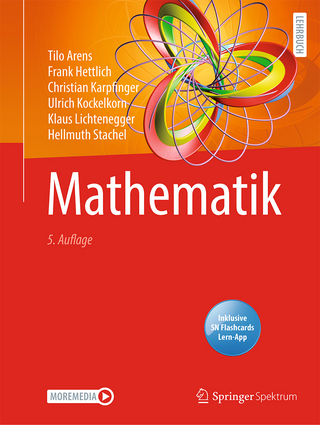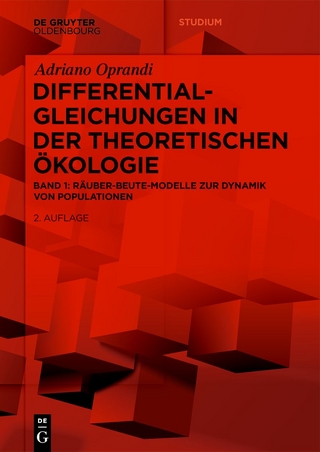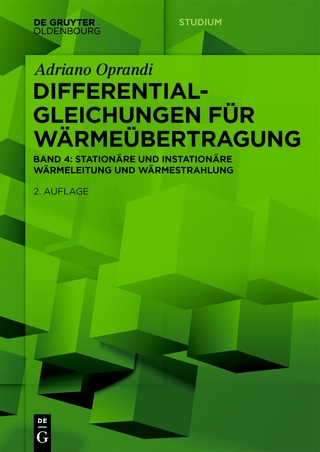
Continuum Micromechanics
Springer International Publishing (Verlag)
978-3-031-23312-8 (ISBN)
The book integrates theory, numerical methods, and practical applications seamlessly. MATLAB and MathCad programs are provided for readers to master the theory, understand the approach, and to further develop and apply the methods to geological problems. Multiscale and multi-physics investigations of Earth and planetary processes have been an active trend of research in Earth Sciences, thanks to the development of scientific computation and computer software and hardware. Based on the author's research and teaching over the past 15 years, the book stands alone as the first comprehensive text in unifying fundamental continuum micromechanics theory, geometric/kinematic analysis, and applications. The book should appeal to a broad audience of students and researchers, particularly those in the fields of structural geology, tectonics, (natural and experimental) rock deformation, mineral physics and rheology, and numerical modeling of multiscale and coupling processes.
Dazhi Jiang is a Professor in the Department of Earth Sciences at Western University, Canada. He has been teaching and conducting research in structural geology and tectonics for over 20 years. His research interests include theoretical, field, and numerical modeling studies of multiscale structures in deformed rocks. His research approach has evolved from an emphasis on the kinematic analysis of deformation to a comprehensive mechanical approach based on continuum micromechanics.
Chapter 1. Background, Mathematic Preliminaries and Notations.- Chapter 2. Orientation of Fabric Elements.- Chapter 3. Stress, Strain, and Elasticity.- Chapter 4. Deformation: Strain and Rotation.- Chapter 5. Flow: Strain Rate and Vorticity.- Chapter 6. Flow and Finite Deformation in Tabular Zones.- Chapter 7. Constitutive Equations.- Chapter 8. Rotation of Rigid Objects in Homogeneous Flows.- Chapter 9. Further Analysis of Spheroids in Simple Shearing Flows.- Chapter 10. Eshelby's Inclusion and Inhomogeneity Problem.- Chapter 11. Viscous Inclusions in Anisotropic Materials.- Chapter 12. Two-Dimensional Inclusion Problems.- Chapter 13. Effective Stiffnesses of Heterogeneous Materials.- Chapter 14. Application Example 1: An Elastic Prolate Object in a Viscous Matrix.- Chapter 15. Application Example 2: A Penny-Shaped Viscous Inclusion in an Elastic Matrix.- Chapter 16. Application Example 3: Deformation around a Heterogeneity: Flanking Structures.- Chapter 17. Generalization of Eshelby's Formalism and a Self-Consistent Model for Multiscale Rock Deformation.
| Erscheinungsdatum | 14.03.2023 |
|---|---|
| Reihe/Serie | Springer Geophysics |
| Zusatzinfo | XXI, 416 p. 104 illus., 72 illus. in color. With online files/update. |
| Verlagsort | Cham |
| Sprache | englisch |
| Maße | 155 x 235 mm |
| Gewicht | 817 g |
| Themenwelt | Mathematik / Informatik ► Mathematik ► Analysis |
| Naturwissenschaften ► Geowissenschaften ► Geologie | |
| Naturwissenschaften ► Geowissenschaften ► Geophysik | |
| Technik ► Maschinenbau | |
| Schlagworte | Continental rheology • Continental tectonics • Eshelby formalism • Lithospheric deformation • Mathcad • Microstructures • Multiscale Analysis • Power law viscosity • Viscous Flow |
| ISBN-10 | 3-031-23312-3 / 3031233123 |
| ISBN-13 | 978-3-031-23312-8 / 9783031233128 |
| Zustand | Neuware |
| Informationen gemäß Produktsicherheitsverordnung (GPSR) | |
| Haben Sie eine Frage zum Produkt? |
aus dem Bereich


